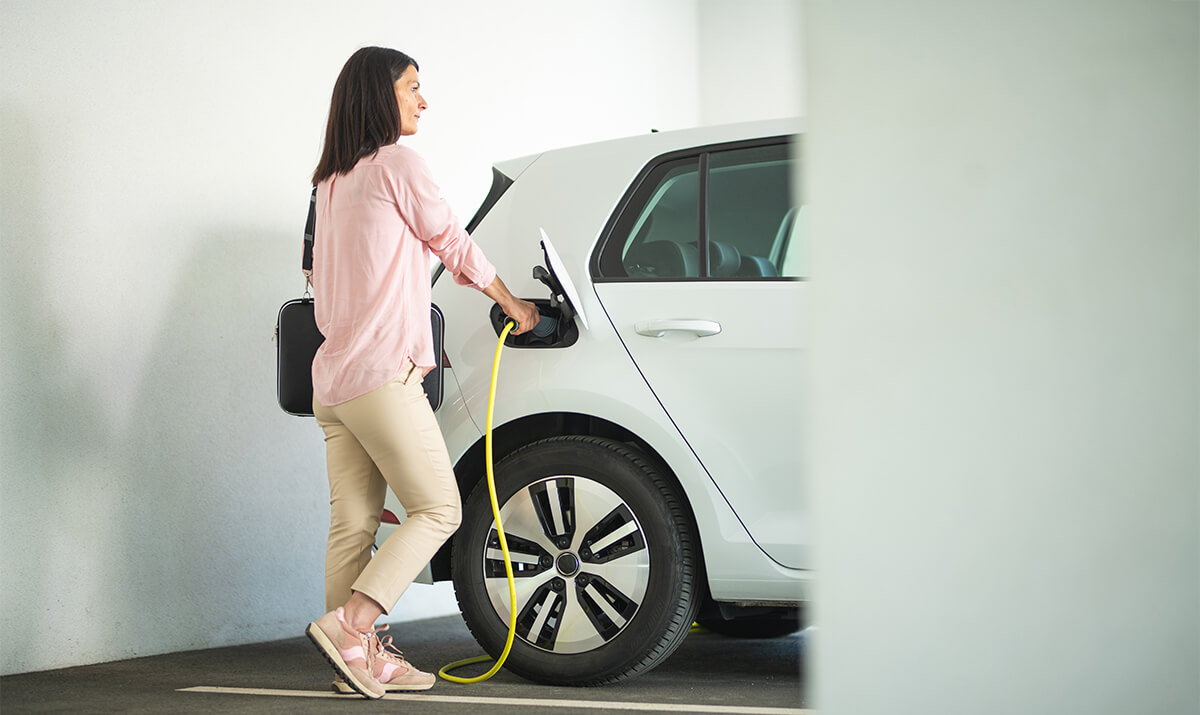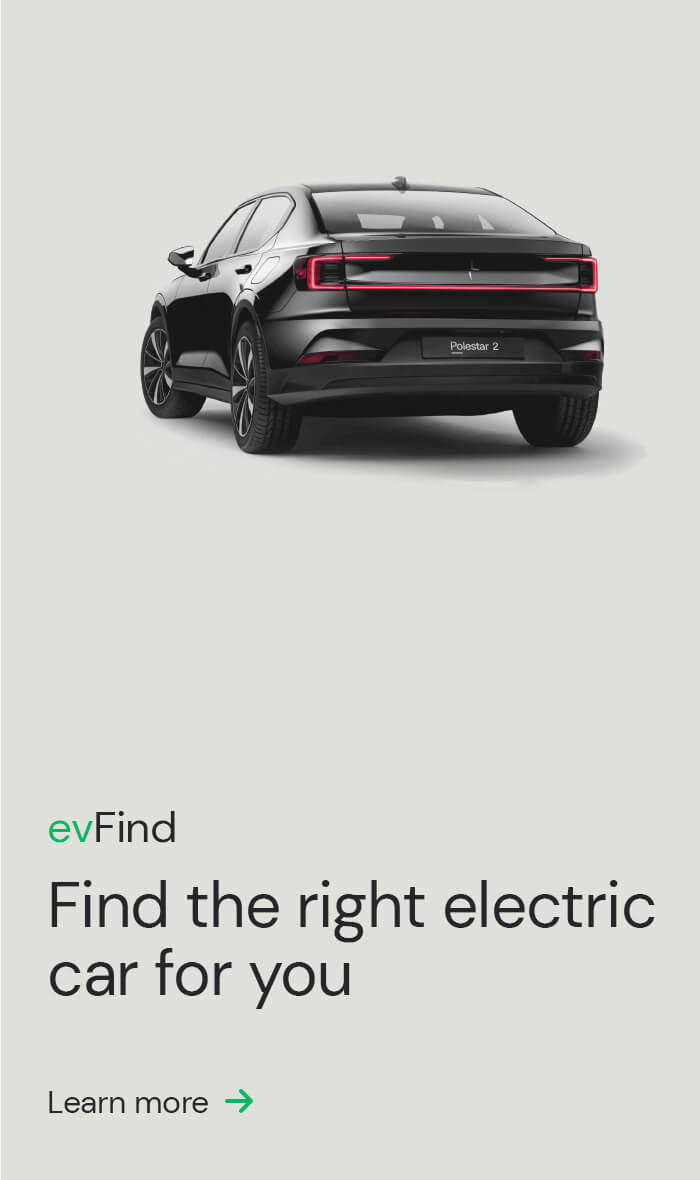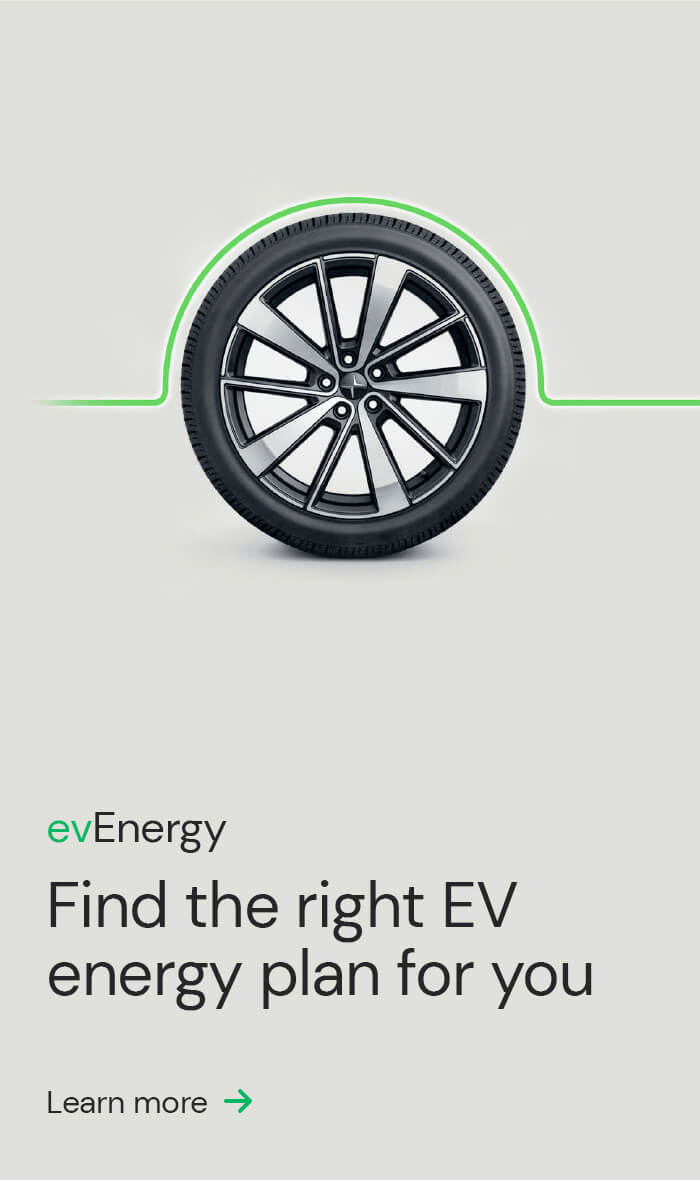Do electric vehicles cause pollution? The short answer is yes and no. Because they release no tailpipe CO2 emissions, EVs do reduce pollution during use. Though non-renewable energy is used during the manufacturing process, and this generates a carbon footprint.
Over time EVs are demonstrably better for the environment than their petrol-powered counterparts. Let’s examine all the nuances of electric car pollution and see why overall, they are a cleaner and greener alternative.
What electric vehicle pollution is generated by manufacturing?
The mining of base metals like copper, aluminium and iron used in EV batteries requires heavy energy-intensive extraction. EV battery production is responsible for the highest number of emissions during the manufacturing process. Indeed, a report by the EEA revealed that in China, 35-50% of total EV manufacturing emissions come from electricity consumption during the battery production process.
Manufacturing EVs does in fact generate more pollution than regular cars. The Union of Concerned Scientists calculated that manufacturing a mid-sized EV with an 135km range results in about 15% more emissions than an equivalent petrol vehicle. Despite this, the USC states that electric cars make up for their higher manufacturing emissions within 18 months of driving.
What about an EV’s overall lifecycle impact and emissions?
Do electric vehicles reduce pollution? Considering the car’s full lifecycle emissions from manufacturing to time on the road, yes, they do.
A Transport & Environment analysis showed that when considering battery production, car manufacturing and fuel/charging, petrol and diesel cars emit three times the amount of CO2 than the average electric car.
EVs improve air quality and reduce noise pollution
It’s estimated 5,000 people die a year due to air pollution in Australia. As EVs emit less CO2 and fewer harmful chemicals like carbon dioxide, carbon monoxide, benzene, they play a positive role in supporting the wellbeing of both humans and the environment.
Not to be underestimated is the impact of noise pollution on health, too. Intrinsically linked to stress related illnesses, high blood pressure, sleep disruption, and lost productivity, noise pollution can greatly impact society. EVs are much quieter than ICE cars and make cities and urban areas more pleasant places to be.
Summary
- 35-50% of China’s total EV manufacturing emissions come from electricity consumption for battery production.
- Manufacturing a mid-sized EV with an 135km range results in about 15% more emissions than an equivalent petrol vehicle.
- Electric cars make up for their higher manufacturing emissions within 18 months of driving.
- Over their lifetime cycles, petrol and diesel cars emit three times more CO2 than the average electric car.
- EVs improve air quality and reduce noise pollution.
ActewAGL Retail is proud to have achieved carbon neutrality by reducing greenhouse gas emissions and purchasing eligible carbon offset units from various projects. Learn more about how you can choose the ActewAGL Carbon Neutral Gas option here.
If you are interested in further reducing your emissions, ActewAGL can help you make the switch to an electric vehicle with ease. Effortlessly find, finance, and charge your EV through the ActewAGL evHub. Find out more here.
Sources
https://www.eea.europa.eu/highlights/eea-report-confirms-electric-cars
https://www.transportenvironment.org/wp-content/uploads/2020/04/TEs-EV-life-cycle-analysis-LCA.pdf
https://www.science.org.au/curious/people-medicine/air-pollution-whats-situation



